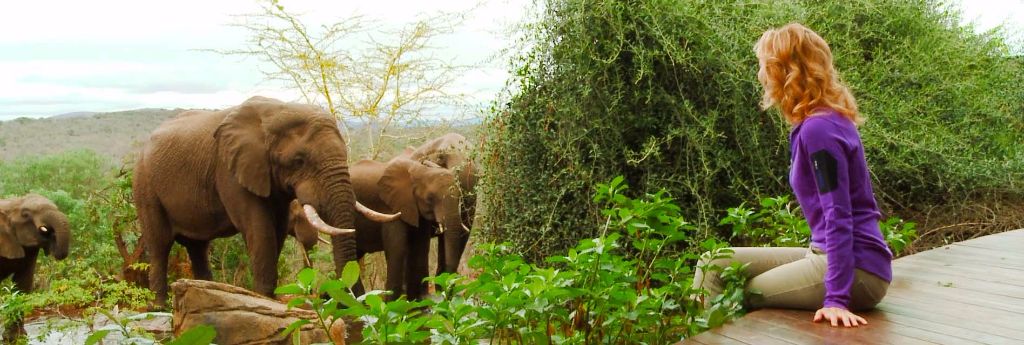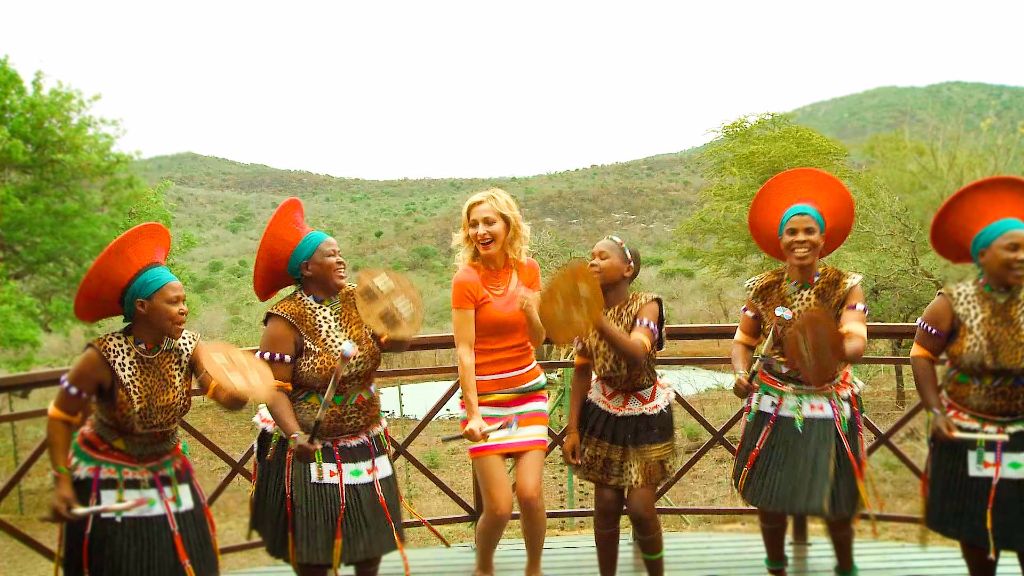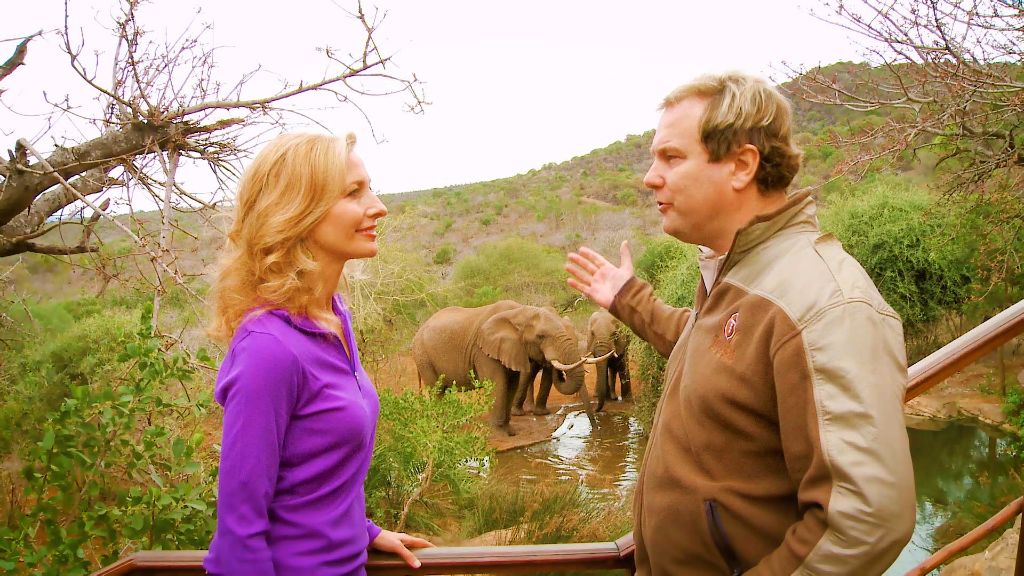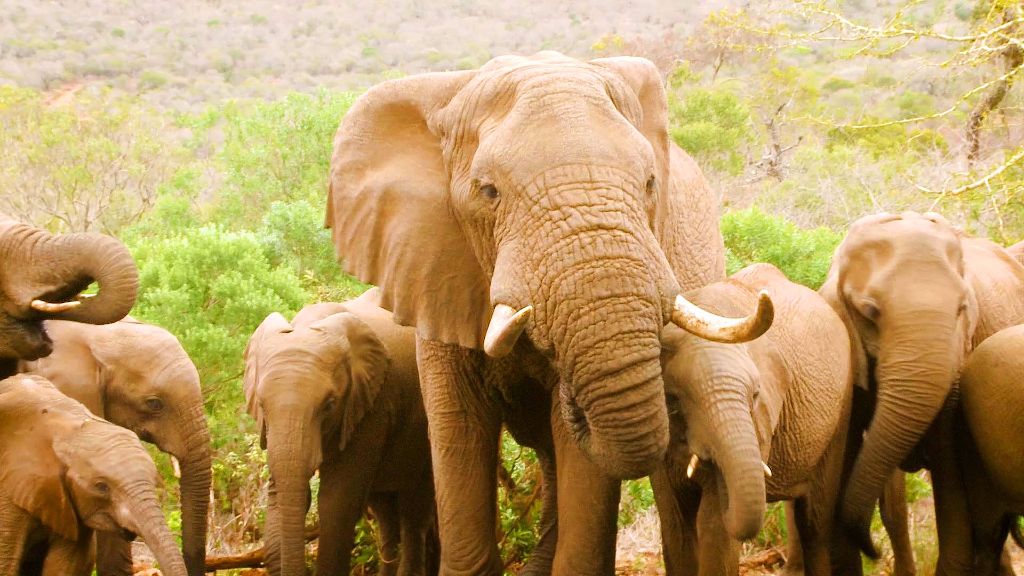
Click the above image to follow a link to the Thanda website and check out everything they have to offer.
Thanda Safari
Thanda Safari offers an authentically South African wildlife experience, matched with sincere commitment to the Zulu culture and passionate conservation of the environment.

Zulu Culture
The word zulu means ‘heaven’. The Zulu people, amaZulu, are ‘the people of heaven’ and their home, KwaZulu, is ‘the place of heaven’.
Part of the ancient Nguni tribes, the amaZulu are the descendants of Iron Age farmers who left the Great Lakes Region of Central Africa and migrated down Africa’s east coast to make a home in what is now South Africa, where they gathered into small tribes and clans called imzi.
Within the Nguni nations, the clan – based on male ancestry – forms the highest social unit. Each clan is led by a mighty chieftain, whose power often depends on how well he is able to hold his clan together.

Conservation
From the first emergence of Thanda, there has been a commitment and significant investment by the owners, Christin and Dan Olofsson, in developing the reserve and uplifting its rural communities.
Thanda’s mission is to serve as a responsible custodian of the environment, combining respect for biodiversity with strong relationships with wildlife conservation foundations, community support initiatives and upliftment programs. Thanda favors community-based natural resource management (CBNRM), which aligns conservation objectives with economic benefits for rural communities.

Elephants are just one of many astounding creatures that live in harmony with Thanda Safari lodgers and staff. Linda had her own run in with these gentle giants which you can catch on our show. But to hold you over, here’s are some fun facts below;
Elephant Fun Facts
- Like human toddlers, great apes, magpies and dolphins, elephants have passed the mirror test—they recognize themselves in a mirror.
- Elephants can get sunburned, so they take care to protect themselves. “Elephants will throw sand on their backs and on their head. They do that to keep them from getting sunburned and to keep bugs off,” Tony Barthel, curator of the Elephant House and the Cheetah Conservation Station at Smithsonian’s National Zoo, told Smithsonian.com. To protect their young, adult elephants will douse them in sand and stand over the little ones as they sleep.
- Stories of African elephants getting drunk from the fermented fruit of the marula tree are not true, a study concluded. The animals don’t eat the fruit off the ground where it ferments, the fresh fruit doesn’t stay in the elephant’s digestive tract long enough to ferment, and even if an elephant did eat the fermented fruit, it would take 1,400 pieces to get one drunk.
- Elephants have evolved a sixth toe, which starts off as cartilage attached to the animal’s big toe but is converted to bone as the elephant ages.




No Comment